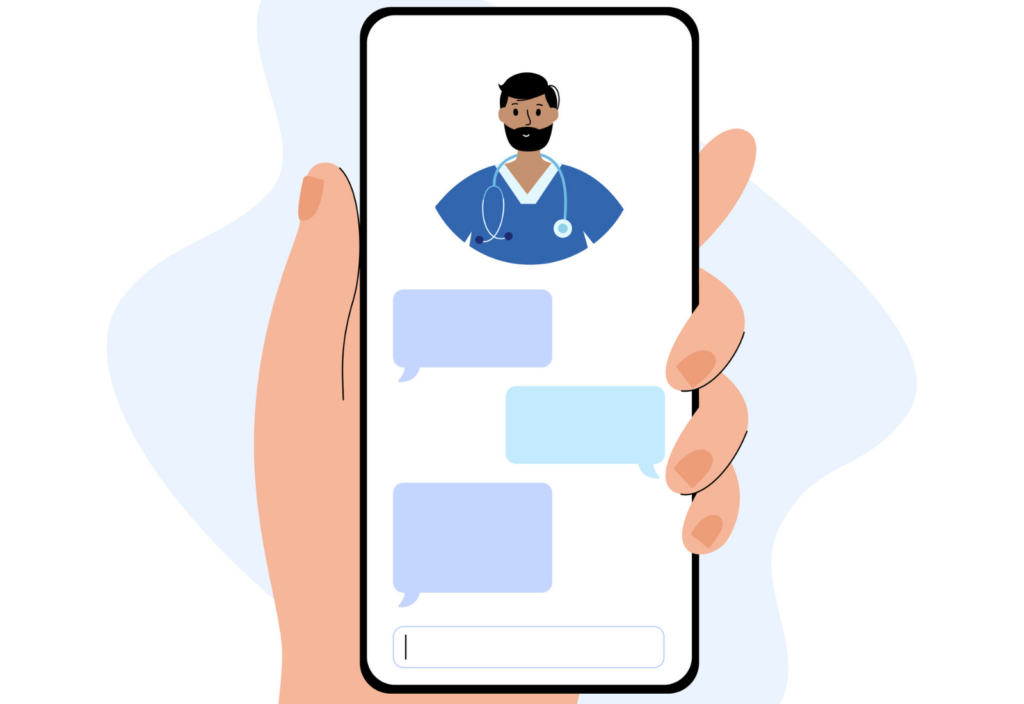A few weeks ago, we held a webinar about ketamine regulation and the future of psychedelic medicine (for a recording, click here). At the time, there were big changes on the horizon for ketamine telehealth. In the last few weeks, there have been a few pretty significant developments that merit some attention.
For some background, ketamine is a schedule III controlled substance under the federal Controlled Substances Act (CSA). The federal Ryan Haight Act (RHA) requires physicians to have an in-person consultation with a patient prior to prescribing controlled substances such as ketamine. During the COVID-19 public health emergency (PHE), this provision was suspended, leading to an explosion of ketamine telehealth services.
The PHE officially ended yesterday, May 11, 2023. The long-time anticipation was that the RHA requirements would kick back in. A few months ago however, DEA dropped a proposed rule that would have created a middle ground for prescription of certain controlled substances. I wrote about that proposed rule at length here, so I won’t recount it.
While the proposed rule would have been more expansive than the RHA, a lot of people weren’t exactly happy about it. DEA apparently received 38,369 comments. In a surprising turn of events, DEA decided to put things on ice and adopt a temporary rule that keeps the status quo for a period of six months. So DEA will essentially allow current flexibilities (there are some nuances I won’t get into here) until November 11, 2023. And for relationships established during the PHE or before November 11, 2023 per the rule, prescriptions may continue through November 11, 2024. Again, there are some nuances here that we’ll probably come back to in future articles, but this is a positive development.
Now onto other news. This week, the Washington Post published an article about a South Carolina physician who reportedly lost his ability to prescribe controlled substances, including via ketamine telehealth. The physician apparently had a nationwide (or near nationwide) practice of prescribing ketamine. According to the Washington Post, the DEA suddenly suspended the physician’s ability to prescribe controlled substances. At this point, it’s unclear exactly why this happened or what it means for other ketamine telehealth providers. This will be a one to watch over the coming months.
For more developments on ketamine telehealth legal issues, be sure to stay tuned to the Psychedelics Law Blog.

























